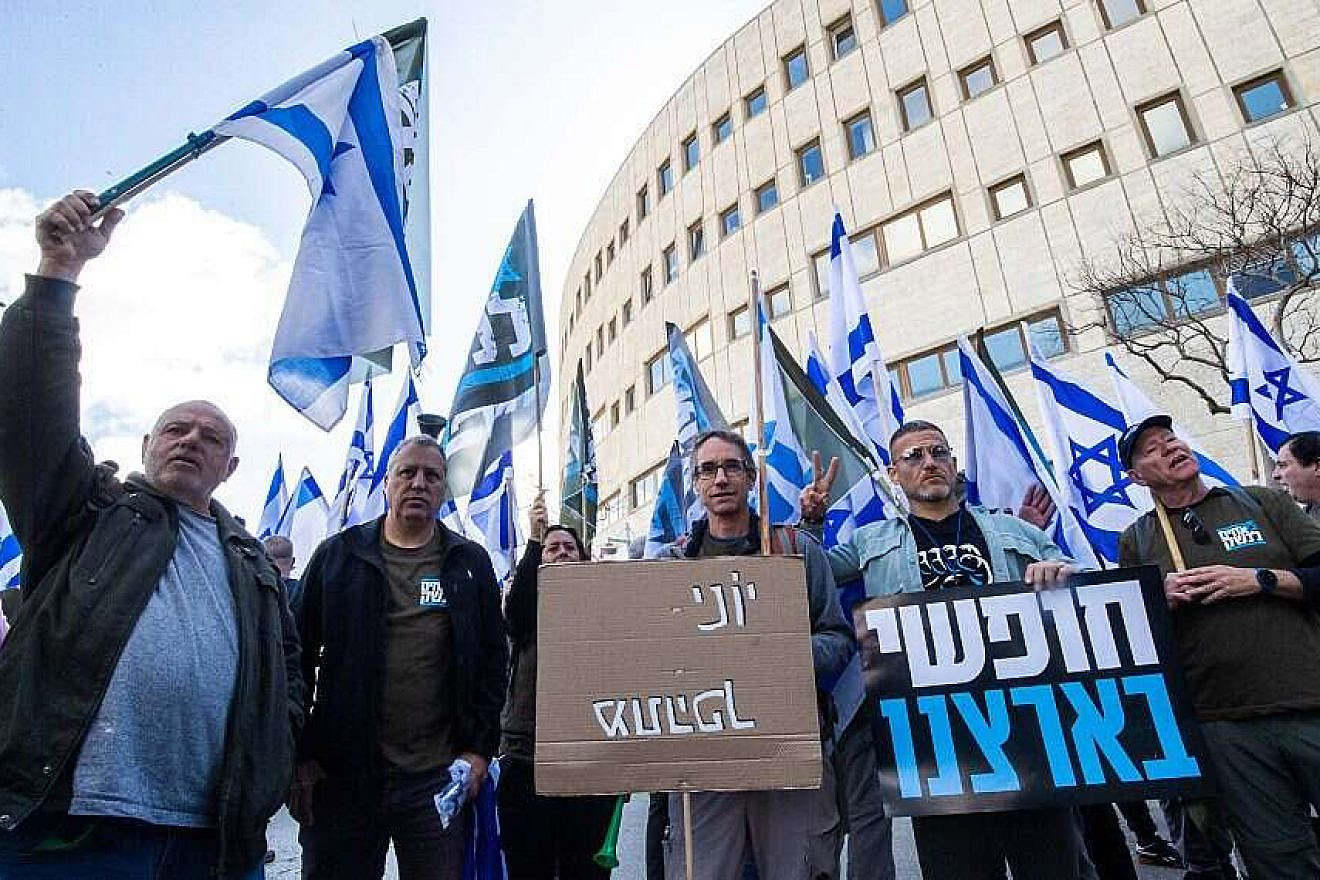Around the world, the “Swords of Iron” war has brought tens of thousands of protesters out onto the streets, screaming about and condemning Israel. Their hatred towards the Jewish state, alongside shocking statements based on lies and the open support of Hamas, has caught many by surprise. A survey in the United States found that in the 18-24 cohort, more than half consider the solution to the conflict to be the end of Israel, with its territory handed over to Hamas.
Such attacks have driven more and more Israelis of all political persuasions to get involved in improving Israel’s global image. They were surprised at the ignorance and hatred displayed by regular people—the kind who should support Israel and not terrorists, much less call for Israel’s elimination and a victory for Hamas. Many of the protesters seem to have been brainwashed by various actors, and certainly, the hatred towards Israel is unfair. However, the tsunami of anti-Israel articles, including in the mainstream media and academia, coupled with widespread civil activity, is almost impossible to contend with.
News outlets reported: “Violent protests outside a talk by Kohelet Policy Forum’s Deputy Director in California.” As someone who has found himself on the receiving end of anti-Israel hatred on overseas campuses, I regretfully feel compelled to remind everyone that hateful, angry protests exist in Israel as well.
Throughout all of last year, we witnessed explosive protests in Israel, including roadblocks, despicable declarations, and the crossing of all red lines when the organizations of first “Brothers in Arms” [Achim Laneshek] and then “Breaking Walls” [Shovrot Kirot] vandalized Kohelet Forum’s offices. There are hate-filled protesters against all groups and from all political directions; against the ultra-Orthodox [haredim], the settlers, the Arabs, right-wingers; left-wingers; and voter blocs. Anyone can become a target of hatred, but it feels different when it happens at home, as though here, protests are born of just causes. We’re horrified by American students who protest Israel without being capable of even finding the country on a map, but we sympathize with those who still accuse Kohelet Forum of trying to promote “a libertarian, non-Jewish, Jewish law-adherent state,” even if such a notion is illogical and self-contradictory. At home, we regard every protester as a constitutional expert, and anyone objecting to Kohelet Forum as one who must have reviewed most of its research papers before firmly pronouncing what the forum supports and what it doesn’t, who works there and what their stance is on various subjects.
I cannot ignore the similarity between the smear campaign reaching new heights in the last four years against Israel abroad compared with the demonization of the Kohelet Policy Forum here in the past and still ongoing today. On a 16-hour break I had from fighting in Gaza, I got messages from people threatening to “settle accounts after the war” and accusing me of having the blood of the Oct. 7 victims on my hands. The people writing such things have not read a single Kohelet policy paper. One of the “Brothers in Arms” members attempting to scare voters in municipal elections about Kohelet influence repeated the lie about the “Kohelet civics textbook,” and another member affirmed in a TV interview that he does not regret their invasion and blockage of our offices. The fact that many of my Kohelet colleagues and I have been called up to serve in the war has not moved such haters to so much as wait for our return home.
Both the State of Israel and Kohelet Forum could have done more to fight for an image that aligns with reality. In both cases, however, a well-organized and well-funded smear campaign has succeeded in pushing decent people to take too firm a stance and avoid dialogue. Just this week, a lecture by a well-known, leftist Jewish-American professor who wanted to discuss “the two-state solution” was canceled in California, and a talk by center-left former Knesset member Tzipi Livni was transferred to Zoom for fear of disturbances. Even having a dialogue with someone defined as a “Zionist” is off the table.
And here?
In the past year, an established high school canceled a lecture by a law professor after discovering that he participated in a doctoral program at Kohelet Forum around eight years ago.
Perhaps we should be a little less impervious to other opinions and stop attributing ill intentions to the other side before we complain about the treatment Israel is getting on the world stage.


























